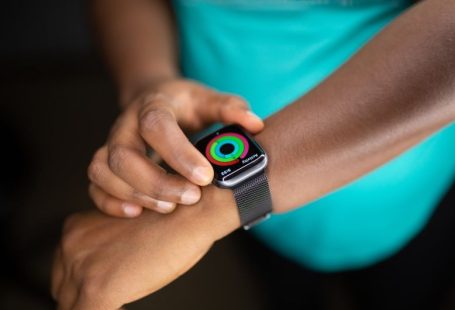In the rapidly evolving world of technology, micro PCs have become increasingly popular due to their compact size and powerful capabilities. However, choosing the right operating system for your micro PC can be a daunting task with so many options available in the market. In this article, we will compare the leading micro PC operating systems – Windows 10 IoT Core, Ubuntu Core, and Raspbian – to help you make an informed decision based on your needs and preferences.
Windows 10 IoT Core:
Windows 10 IoT Core is a lightweight version of the popular Windows operating system designed specifically for Internet of Things devices, including micro PCs. One of the key advantages of Windows 10 IoT Core is its familiarity and ease of use for users already accustomed to the Windows ecosystem. Its user-friendly interface and compatibility with a wide range of applications make it an attractive choice for those looking for a seamless transition from traditional PCs to micro PCs.
However, Windows 10 IoT Core is not without its limitations. While it offers strong integration with other Windows devices and services, it may not be as customizable or flexible as some other operating systems. Additionally, licensing fees may be a concern for budget-conscious users, as Windows 10 IoT Core is not open-source like some of its competitors.
Ubuntu Core:
Ubuntu Core is a stripped-down version of the popular Ubuntu Linux distribution, optimized for IoT devices and micro PCs. One of the standout features of Ubuntu Core is its security-focused design, with automatic updates and a container-based system that isolates applications for enhanced protection against potential vulnerabilities.
In terms of customization and flexibility, Ubuntu Core shines with its open-source nature, allowing users to tailor the operating system to their specific needs. Its compatibility with a wide range of programming languages and development tools makes it a popular choice among developers and tech enthusiasts looking to experiment and innovate with their micro PCs.
Raspbian:
Raspbian is the official operating system for the Raspberry Pi micro PC, renowned for its user-friendly interface and extensive support from the Raspberry Pi community. As a Debian-based distribution, Raspbian offers a familiar environment for users already accustomed to Debian or Ubuntu Linux systems.
One of the key advantages of Raspbian is its vast repository of software packages, making it easy to find and install applications for a wide range of tasks and projects. Its lightweight nature also ensures smooth performance on resource-constrained micro PCs like the Raspberry Pi, making it an ideal choice for beginners and educational purposes.
Comparing the Three Operating Systems:
When comparing Windows 10 IoT Core, Ubuntu Core, and Raspbian, it ultimately comes down to your specific requirements and preferences. If you prioritize ease of use and compatibility with Windows applications, Windows 10 IoT Core may be the best choice for you. On the other hand, if security and customization are top priorities, Ubuntu Core offers a compelling option with its robust features and open-source nature.
For those looking for a user-friendly operating system with extensive community support and a vast software library, Raspbian remains a solid choice, especially for beginners and educational purposes. Each of these operating systems has its own strengths and weaknesses, so it’s essential to consider your individual needs and goals when selecting the best one for your micro PC.





